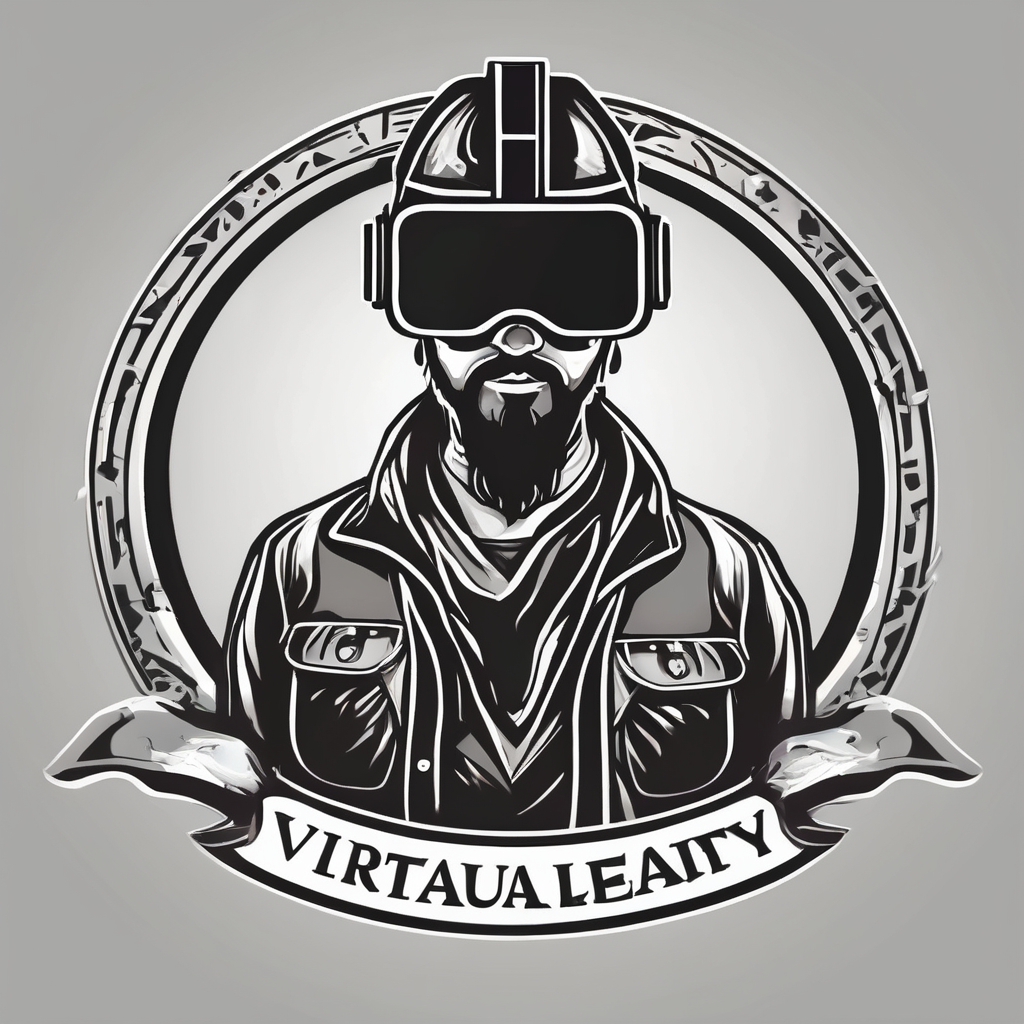In the rapidly evolving landscape of healthcare, managing patient data securely remains a paramount concern. Traditional data management systems often fall short in providing the level of security and privacy required to protect sensitive medical records. This is where blockchain technology steps in, offering a robust and secure solution for managing healthcare data. By leveraging blockchain, UK healthcare providers can transform the way they handle and share patient data, ensuring both security and efficiency.
Blockchain technology, often associated with cryptocurrencies, has far-reaching applications beyond the financial sector. In the healthcare industry, blockchain presents an innovative approach to managing health data. It is a decentralized, immutable ledger that records transactions across multiple secure locations. This ensures that data, once recorded, cannot be altered without the consensus of the network.
In the same genre : How to use machine learning for fraud detection in UK’s financial services?
For healthcare providers, this means enhanced data security and privacy. The decentralized nature of blockchain makes it difficult for unauthorized parties to access or tamper with patient records. Moreover, blockchain can streamline data sharing among healthcare professionals, improving the overall quality of care.
The Role of Blockchain in Enhancing Data Security
One of the most significant advantages of blockchain in healthcare is its ability to enhance data security. Traditional data management systems are vulnerable to cyber-attacks and data breaches. These systems often store data in centralized servers, making them attractive targets for hackers. Blockchain, on the other hand, distributes data across a network of nodes, making it highly resistant to attacks.
In parallel : How can UK industries leverage IoT for real-time asset monitoring?
Each transaction on the blockchain is encrypted and linked to the previous transaction, forming a chain of blocks. This ensures that once data is recorded, it cannot be altered without altering all subsequent blocks, which requires the consensus of the network. This makes blockchain an ideal solution for storing health records securely.
Furthermore, blockchain can provide patients with greater control over their data. Patients can grant and revoke access to their medical data, ensuring that only authorized healthcare providers can view their records. This enhances patient privacy and trust in the healthcare system.
Efficient Data Sharing Among Healthcare Providers
Data sharing is crucial in the healthcare sector. Effective data sharing enables healthcare providers to access complete patient histories, make informed decisions, and deliver timely care. However, traditional data sharing methods are often slow and inefficient, leading to delays in treatment and increased costs.
Blockchain can revolutionize the way healthcare providers share data. By creating a single, immutable record of patient data, blockchain ensures that all parties have access to the same, up-to-date information. This eliminates the need for multiple copies of the same data and reduces the risk of errors.
Blockchain-based Platforms for Data Sharing
Several blockchain-based platforms are emerging to facilitate secure data sharing in healthcare. These platforms use smart contracts to automate data sharing processes. A smart contract is a self-executing contract with the terms of the agreement directly written into code. In the context of healthcare, smart contracts can ensure that patient data is only shared with authorized parties and under predefined conditions.
For example, a smart contract can be programmed to share a patient’s medical history with a specialist only if the patient consents to it. This ensures that patient privacy is maintained while enabling efficient data sharing. Moreover, smart contracts can automate billing and claims processing, reducing administrative burdens and improving the overall efficiency of the healthcare system.
CrossRef and Google Scholar: Facilitating Research and Data Management
In the realm of healthcare research, platforms like CrossRef and Google Scholar are leveraging blockchain technology to improve data management and access. CrossRef, a non-profit organization, uses blockchain to create a decentralized database of research articles and their metadata. This ensures that researchers have access to accurate and up-to-date information.
Similarly, Google Scholar is exploring blockchain-based solutions to enhance the integrity and accessibility of academic research. By creating a tamper-proof record of research articles, blockchain ensures that researchers can trust the data they are using, leading to more reliable and reproducible studies.
Enhancing Supply Chain Management in Healthcare
Effective supply chain management is crucial in the healthcare sector. From ensuring the availability of essential medicines to tracking the distribution of medical devices, a well-managed supply chain is vital for the smooth functioning of healthcare services. However, traditional supply chain systems often lack transparency and are prone to errors and fraud.
Blockchain technology can address these challenges by providing a transparent and immutable record of transactions. Each step in the supply chain, from manufacturing to distribution, can be recorded on the blockchain, creating a tamper-proof audit trail. This ensures that all stakeholders have access to the same information, reducing the risk of errors and fraud.
Ensuring the Authenticity of Medical Products
One of the key challenges in healthcare supply chain management is ensuring the authenticity of medical products. Counterfeit medicines and medical devices pose a significant risk to patient safety. Blockchain can help verify the authenticity of these products by creating a digital ledger of their journey through the supply chain.
Each product can be assigned a unique identifier that is recorded on the blockchain. As the product moves through the supply chain, each transaction is recorded, creating a complete history of the product. This ensures that healthcare providers can verify the authenticity of the products they use, protecting patient safety.
Moreover, blockchain can enable real-time tracking of medical products. Healthcare providers can monitor the location and status of their supplies, ensuring that they have access to the necessary resources when they need them. This can improve inventory management and reduce the risk of stockouts.
Implementing Blockchain in UK Healthcare
While the potential benefits of blockchain in healthcare are clear, implementing this technology presents several challenges. These include regulatory hurdles, the need for infrastructure development, and the requirement for stakeholder buy-in. However, with careful planning and collaboration, UK healthcare providers can overcome these challenges and harness the power of blockchain.
Regulatory Considerations
Regulatory compliance is a key concern when implementing blockchain in healthcare. Healthcare providers must ensure that their use of blockchain complies with data protection regulations such as the General Data Protection Regulation (GDPR). This includes ensuring that patient data is stored and processed in a manner that protects privacy.
Moreover, healthcare providers must work with regulators to develop standards and guidelines for the use of blockchain. This can help ensure that blockchain solutions are implemented in a way that protects patient safety and privacy.
Building the Necessary Infrastructure
Implementing blockchain in healthcare requires the development of the necessary infrastructure. This includes the creation of blockchain networks and the integration of blockchain solutions with existing healthcare systems. Healthcare providers may need to invest in new technologies and train their staff in the use of blockchain.
Collaboration with technology providers and other stakeholders can help healthcare providers build the necessary infrastructure. By working together, stakeholders can develop interoperable solutions that enable seamless data sharing across the healthcare sector.
Ensuring Stakeholder Buy-in
The successful implementation of blockchain in healthcare requires the buy-in of all stakeholders, including healthcare providers, patients, regulators, and technology providers. This can be achieved through education and awareness campaigns that highlight the benefits of blockchain.
Moreover, healthcare providers can engage with patients to build trust in blockchain solutions. This can include providing patients with information about how blockchain can protect their data and improve the quality of care. By involving patients in the implementation process, healthcare providers can ensure that their needs and concerns are addressed.
Blockchain technology holds the potential to revolutionize the way UK healthcare providers manage patient data. By providing a secure and transparent way to store and share medical records, blockchain can enhance data security, improve data sharing, and streamline supply chain management. However, the successful implementation of blockchain requires careful planning, regulatory compliance, and stakeholder collaboration.
As healthcare providers continue to explore and adopt blockchain solutions, they can transform the healthcare system, ensuring that patient data is managed securely and efficiently. By leveraging the power of blockchain, UK healthcare providers can deliver higher quality care, protecting patient privacy and improving health outcomes. Blockchain technology is not just a tool for the future; it is a solution for the present, ready to enhance the way we manage and protect patient data in the healthcare sector.











